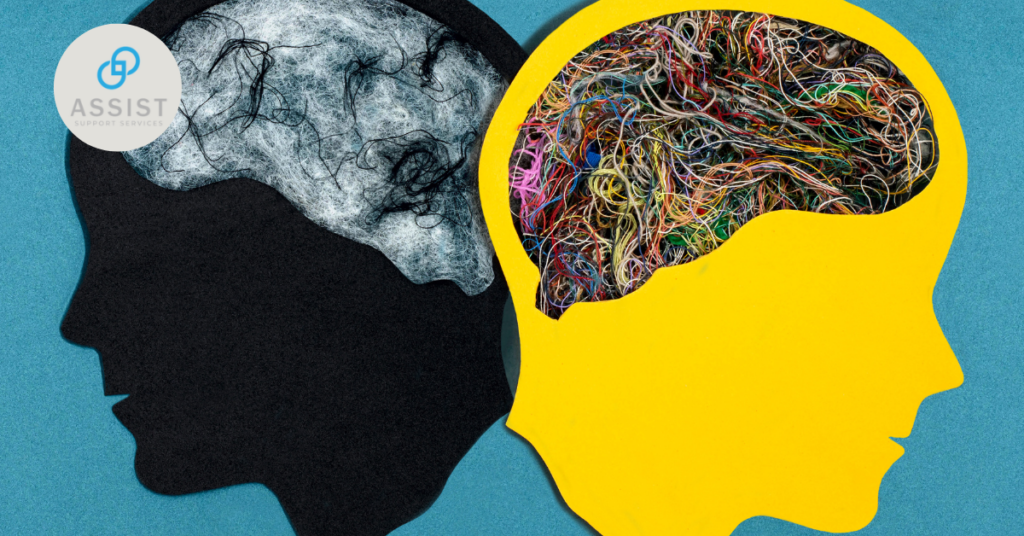5 Effective Ways to Cope with an Invisible Disability
Living with an invisible disability can be challenging. For many people, it is the most common type of invisible disability. There are many ways to cope with living with an invisible disability. In this blog post, we will discuss five of the most effective strategies.
1. Find a support group
One of the best ways to cope with living with an invisible disability is to find a support group. There are many different types of support groups available, you should be able to find one that meets your specific needs. Support groups can provide you with valuable information and resources, as well as a community of people who understand what you are going through.
2. Seek professional help
If you are struggling with your disability, seeking professional help might be the best additional support you can give yourself. A qualified therapist or counsellor can help you learn coping skills and strategies for dealing with situations you find yourself in and also work through issues surrounding your disability.
3. Educate yourself and others
Arming yourself with knowledge about your disability and being educated on how you can manage different aspects of it empowers you to be able to make the right decisions for you and any treatment/assistance you need. This in turns helps you educate the people who are providing you with treatment and assistance on how you want things to happen and what is best for you.
4. Advocate for yourself
If you want to improve your quality of life, it is important to advocate for yourself. This means speaking up for your needs and ensuring that you have the support and resources you need to thrive. Many people with invisible disabilities find it empowering to join advocacy organisations or other community organisations.
5. Take care of yourself
Lastly, the most important thing you can do as a person living with an invisible disability is to take care of yourself. This includes regular exercise like pilates, yoga or a sport you enjoy playing. Nourishing yourself and getting enough rest. Taking care of yourself is of the utmost importance.
If you or someone you know is struggling to cope with an invisible disability, remember that you are not alone. There are many resources and support available. Take the leap and join a support group, seek professional help, educate yourself and advocate for yourself, and most of all, take care of yourself.

